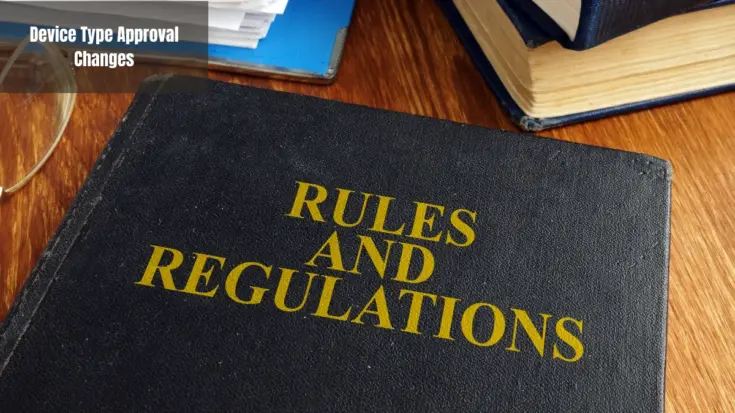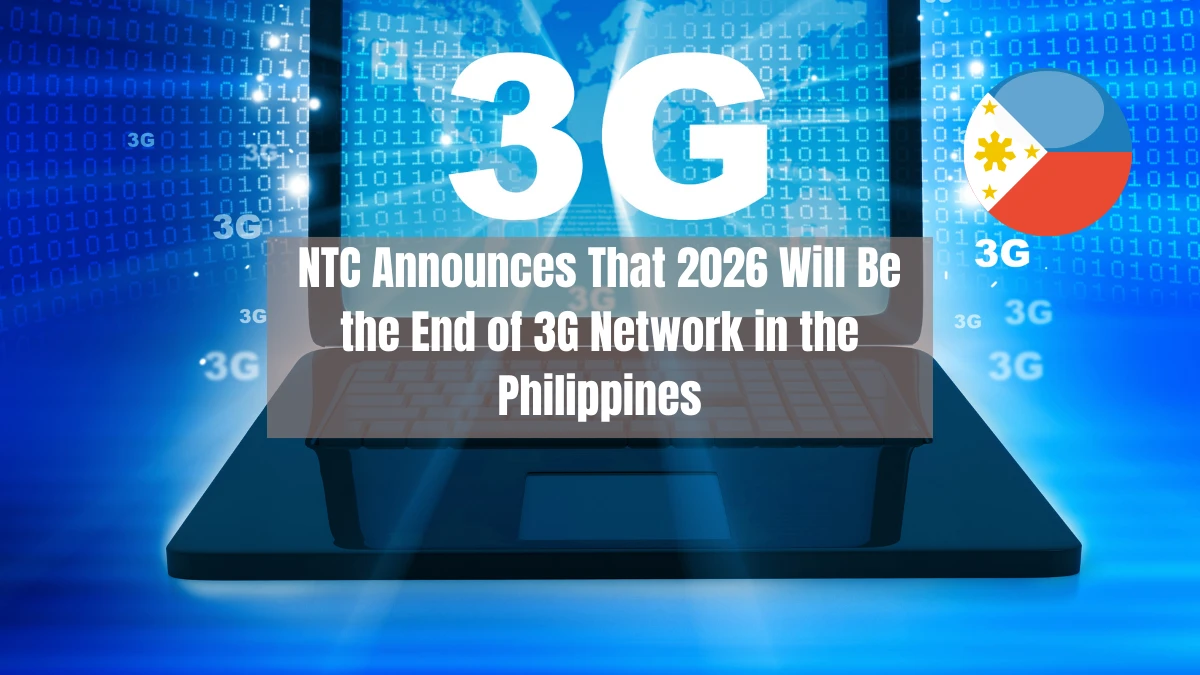The National Telecommunications Commission (NTC) announced that 2026 will mark the end of 3G network in the Philippines. This step is being taken to reallocate spectrum to more efficient technologies such as 4G, 5G, and future 6G networks.
The new regulatory framework for the deactivation of 3G network in the Philippines will be implemented gradually until December 31, 2026. For now, the focus of the shutdown is only on 3G networks, while 2G networks will be scheduled separately. This is because 2G networks are still maintained for rural and remote areas to access basic mobile services.
The plan to deactivate the 3G network in the Philippines is being implemented to achieve the government’s goals in terms of digital inclusion and infrastructure development. In addition, the focus on future technologies will promote increased connectivity, reduce congestion, and improve security.
The Impact of the Deactivation of the 3G Network in the Philippines

Public telecommunications entities (PTEs) are most affected by regulations related to 3G network deactivation in the Philippines. They need to take several steps to adapt to this scheme. Based on these directives, telecommunications operators are required to do the following:
Submit a transition plan
PTEs are required to submit a technical transition plan within 60 days of the circular taking effect. The plan must include a schedule for the gradual shutdown until the remaining 3G coverage is completely shut down in December 2026.
Public awareness campaign
The campaign agenda must be included by PTEs in the transition plan for the gradual shutdown schedule. The plan includes the disposal of equipment in accordance with environmental standards and details of consumer migration support.
Customer support requirements
To minimize service disruption during the deactivation of the 3G network in the Philippines, PTEs must offer free SIM upgrades, subsidies, and installment plans for affected 3G users only, with priority given to the elderly, low-income groups, and people with disabilities.
Support services
In order to assist the public in migrating from their old networks, PTE must provide regional support services and walk-in support centers. In addition, an online portal will be available to handle complaints and inquiries.
Regular reporting
PTE will be required to submit quarterly reports on the progress of decommissioning, customer migration, and the implementation of support programs. In this regard, NTC will also assist by conducting audits and field inspections.
Device Type Approval Changes

Applications for type approval for 2G/3G devices will no longer be accepted by NTC 60 days after the circular takes effect. For 2G networks, although there are no plans for deactivation, new applications for NTC certification can no longer be accepted.
Previously certified 3G network in the Philippines will be marked by the NTC for inclusion in the deactivation list. In addition, import restrictions will be imposed in coordination with industry stakeholders.
This is the announcement regarding the periodic deactivation of 3G network in the Philippines. Importers and manufacturers need to pay attention to this in order to adjust to the impact of the deactivation and changes in device type approvals.
It is advisable to no longer submit NTC certification applications and market 3G network devices in the Philippine market, as the devices will be affected by the deactivation scheme.

